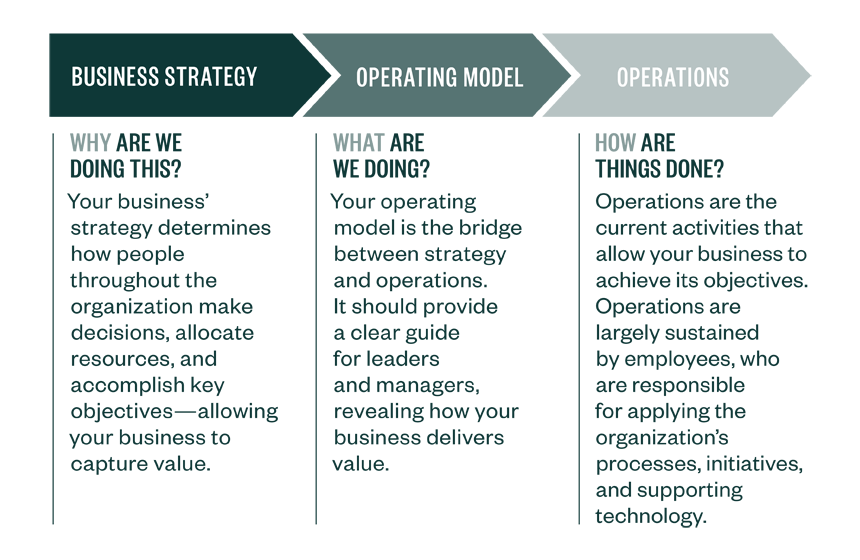 For businesses of all sizes and scopes, effective planning can make the difference between failure and success. Without a plan, leaders are often left guessing about performance and whether or not they’re meeting key objectives.
For businesses of all sizes and scopes, effective planning can make the difference between failure and success. Without a plan, leaders are often left guessing about performance and whether or not they’re meeting key objectives.
This is especially true for tribal governments, which are tasked with creating sustainable communities and evaluating new business opportunities, while monitoring past and future directions of existing businesses.
Following is an overview of steps your tribal government can take to implement and benefit from a business plan.
Effective Business Plans
An effective plan can help your business achieve the following:
- Set expectations and incorporate accountability
- Track business metrics
- Communicate results to those responsible
- Incorporate directions for following up on results
The graphic below identifies some key components of a business plan and how they’re related to one another.

Tribal Business Dynamics
Tribes can have a variety of businesses, including hotels, casinos, convenience stores, smoke shops, seafood companies, marijuana operations, golf courses, and many others.
Often, tribes have an enterprise board that oversees tribal businesses separately from the tribe’s governing body, or tribal council. The tribal council and the enterprise board must work together on the tribe’s business strategy development and deployment—executing a vision for economic and social development, evaluating new opportunities, and reviewing existing operations.
Unique Factors
In the context of tribal businesses, there are additional unique factors that can impact your business plan’s success. These factors include:
- Supporting tribal member employment and wellbeing
- Capitalizing on unique competitive advantages of tribes, such as tax-exempt, federal contracting, and minority-owned business statuses
- Reducing dependence on grant funding
These elements can introduce additional complications and advantages that affect your tribe’s finances, so it’s important to include them in your business-plan creation process.
Tribal Business Opportunities
An effective tribal business plan can serve as a system of checks and balances for your tribe’s decision-making processes—helping your tribe determine if business steps align with long-term goals. Your tribe should incorporate each of the following into its long-term plan before pursuing additional opportunities:
- Goals. Key tribal objectives, including member benefits, financial objectives, or productivity and efficiency gains.
- Milestones. Agreed-upon points of progress required to achieve goals. Milestones are critical because they enable leaders to monitor progress toward goals and ultimately define the timeline for goal achievement.
- Metrics. Specific and observable measures of progress, outcomes, and achievement. These are the key performance indicators directly resulting from the goals.
If your tribe is contemplating pursuing a new business, it should first determine if the new business is consistent with the tribe’s comprehensive long-term strategic goals. If it conflicts with the long-range economic or social priorities, the proposal should be rejected outright. However, even proposals consistent with the tribal plan should be scrutinized.
Feasibility Studies
If tribal leaders lack the expertise to adequately judge if a proposed tribal business is a worthwhile investment for the community, the tribe should consider having an impartial and qualified third party advisor conduct a feasibility study to help make the determination.
Third-party feasibility studies can help empower your tribal government to make informed decisions regarding the tribe’s economic future by distinguishing viable economic opportunities from investments and enterprises that are more likely to fail. These studies should assess a project’s market, technical, and financial feasibility as well as assess the promoter’s reliability and the credibility of his or her claims.
Feasibility studies can also serve as due diligence documentation for tribal businesses seeking capital, federal, or state grants, or other kinds of loans or investments. This is because studies provide answers to questions funders might have about a project’s chances of success.
Ongoing Accountability
Some tribal governments struggle to drive focus across functions, teams, and people in complex initiatives and ongoing processes. They also struggle to gain and maintain visibility into progress toward critical goals. As a result, many tribal governments progress more slowly toward achieving goals and sometimes fail in achieving them.
To reach goals more quickly and consistently, management, the tribal council, and the enterprise board must create the following:
- Measurable objectives
- Goal alignment across all levels in the organization
- A system of accountability that’s supported by ongoing, measurable data and metrics
If your tribe is coming up against road blocks when creating or maintaining its system of accountability, it’s important to return to the goals, milestones, and metrics it established before taking on an additional business opportunity. Your tribe can then name specific members of the enterprise board or tribal council as point people, making them responsible for measuring and monitoring the tribe’s progress toward its goals.
We’re Here to Help
Developing an effective business plan can be a challenging, multistep process. For more information about key steps, help getting started, or conducting a third-party feasibility study, contact your Moss Adams professional.